Summaries of books about Physics & Chemistry:
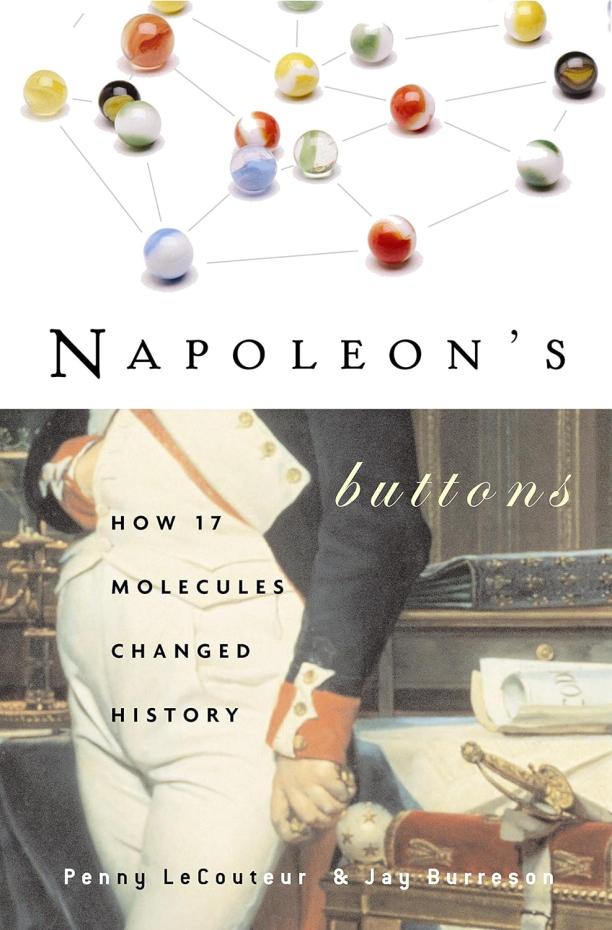
Napoleon's Buttons
Penny Le Couteur|Jay Burreson
The book explores how seventeen groups of molecules have significantly influenced the course of history through their chemical properties and the roles they've played in events such as the development of the spice trade, the Salem witch trials, and the invention of synthetic fabrics. It delves into the science behind these molecules and their impact on civilization, from medicine and warfare to everyday life.
See full summary
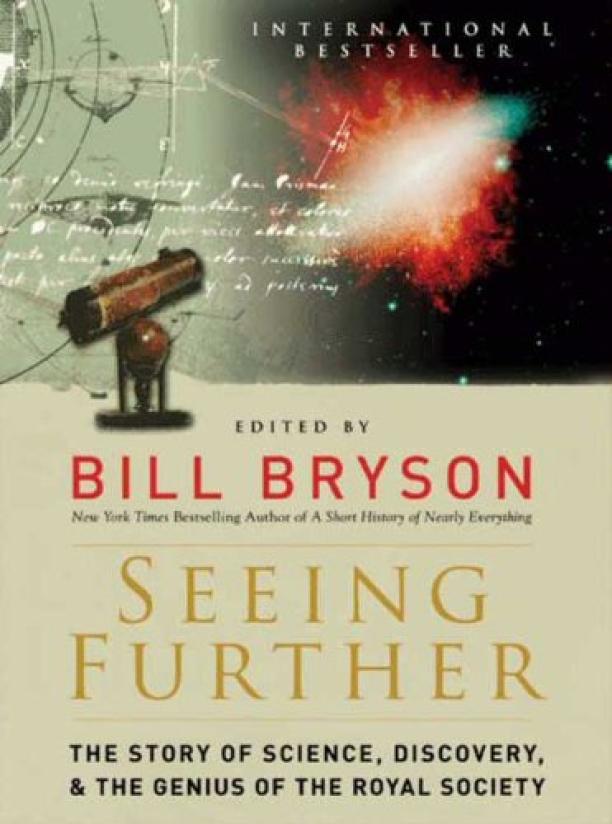
Seeing Further
The Story of Science and the Royal Society
Bill Bryson
The book is a collection of essays by various scientists and writers that celebrate the 350th anniversary of the Royal Society, exploring its influential role in the advancement of science. It delves into the society's history, its notable members, and the significant scientific discoveries and debates that have shaped modern understanding.
See full summary
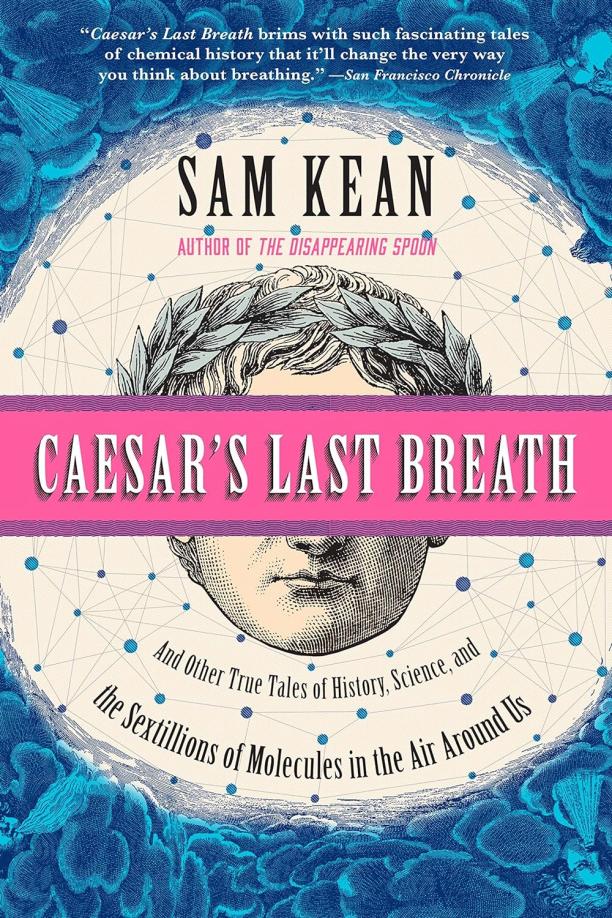
Caesar's Last Breath
Decoding the Secrets of the Air Around Us
Sam Kean
The book delves into the composition and history of the Earth's atmosphere, exploring the scientific, cultural, and historical significance of the air we breathe. It weaves together tales of scientific discovery, examining the gases that make up the air and their role in pivotal events across the planet.
See full summary
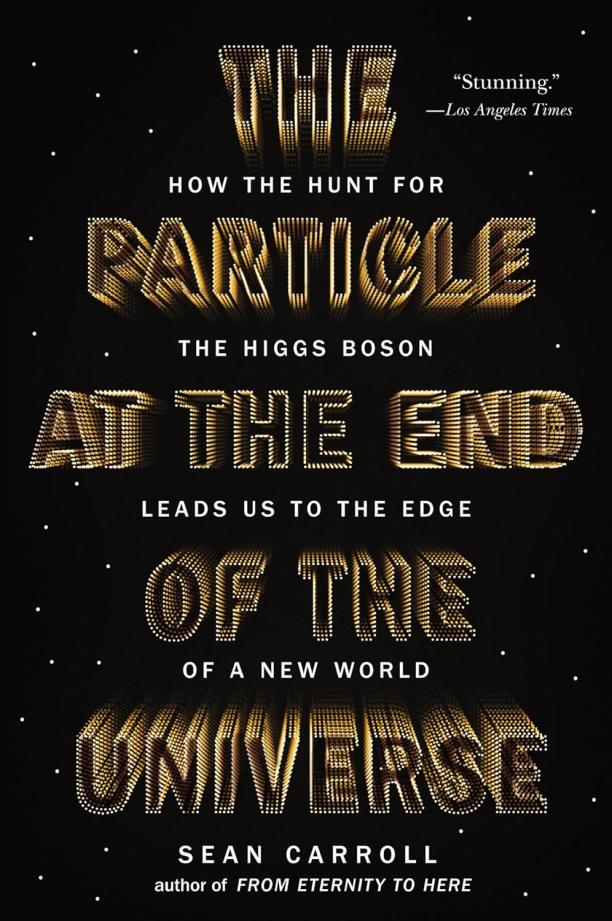
The Particle at the End of the Universe
How the Hunt for the Higgs Boson Leads Us to the Edge of a New World
Sean Carroll
The book delves into the discovery of the Higgs boson, explaining its significance in particle physics and how it contributes to our understanding of the universe's fundamental structure. It also provides an insider's look at the Large Hadron Collider and the collaborative efforts of scientists around the world in this groundbreaking scientific endeavor.
See full summary
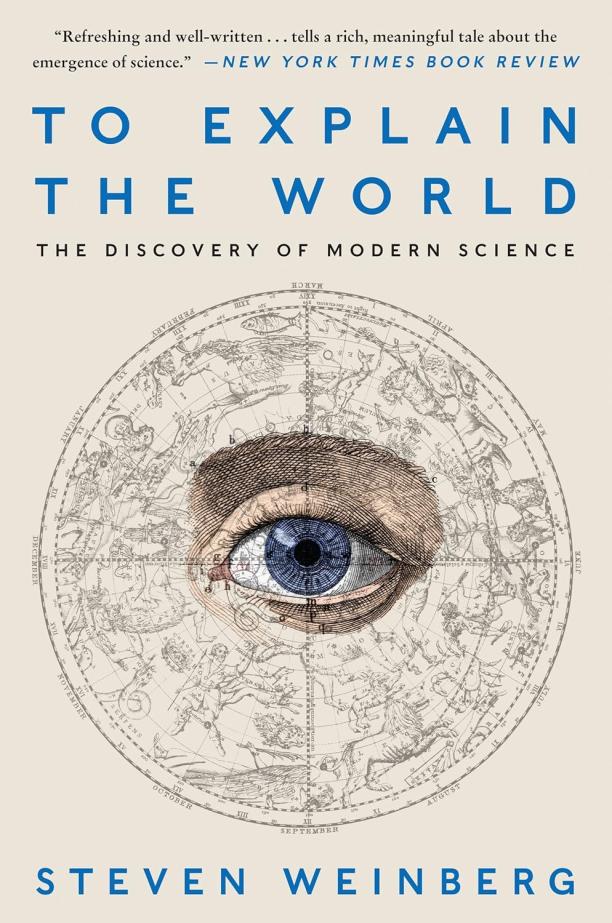
To Explain the World
The Discovery of Modern Science
Steven Weinberg
The book traces the historical development of scientific thought from ancient Greece through the Middle Ages to the Scientific Revolution, examining how the approach to understanding nature shifted from philosophical speculation to empirical evidence and experimentation. It highlights key figures and moments that contributed to the emergence of modern scientific methods and principles.
See full summary
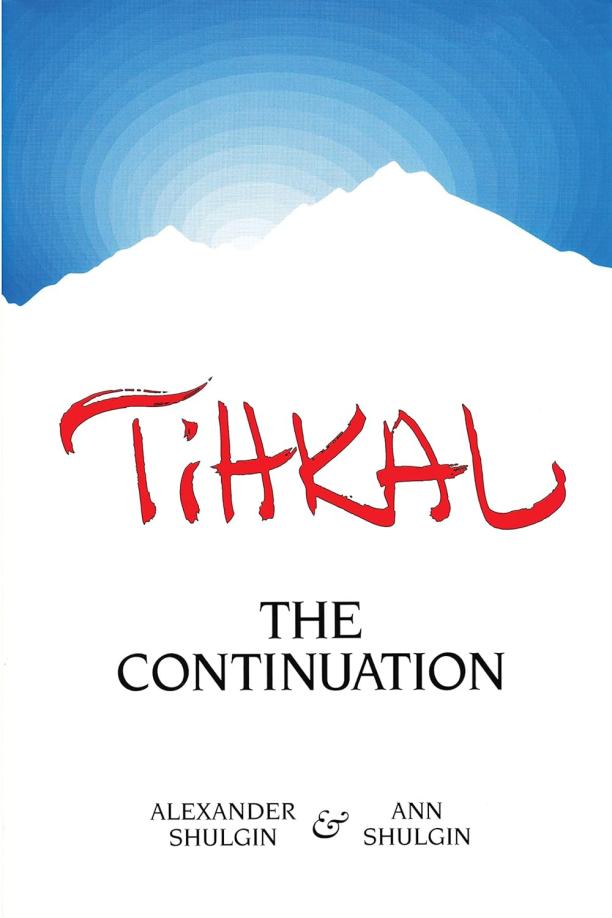
TIHKAL
The Continuation
Alexander Shulgin|Ann Shulgin
The book is divided into two parts: the first section is a blend of personal narratives and essays exploring the nature of subjective experience, consciousness, and the use of psychedelic substances. The second part provides detailed chemistry, synthesis instructions, and personal bioassays of over 50 psychoactive compounds, primarily tryptamines, serving as a resource for researchers and enthusiasts in psychopharmacology.
See full summary
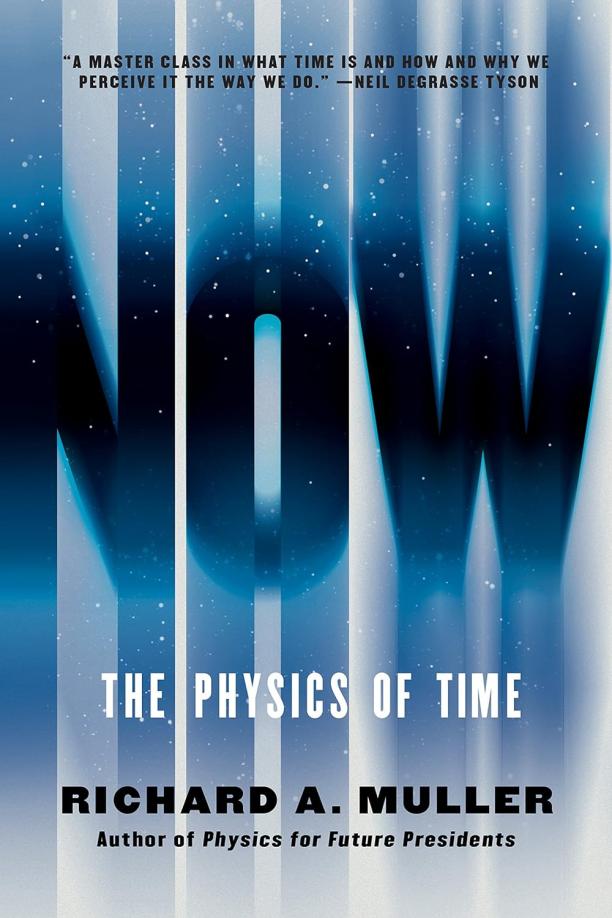
Now
The Physics of Time
Richard A. Muller
The book explores the concept of time from a physics perspective, discussing its flow, its relation to the expansion of the universe, and the nature of past, present, and future. It delves into the physics of entropy, time travel, and the implications of Einstein's theory of relativity on our understanding of time.
See full summary

Basic Physics
A Self-Teaching Guide
Karl F. Kuhn|Frank Noschese
The book provides an accessible introduction to the fundamental concepts of physics, using a self-paced, self-teaching approach that includes practical examples and exercises. It covers topics such as motion, energy, heat, sound, electricity, magnetism, light, atomic and nuclear physics, relativity, and astrophysics.
See full summary
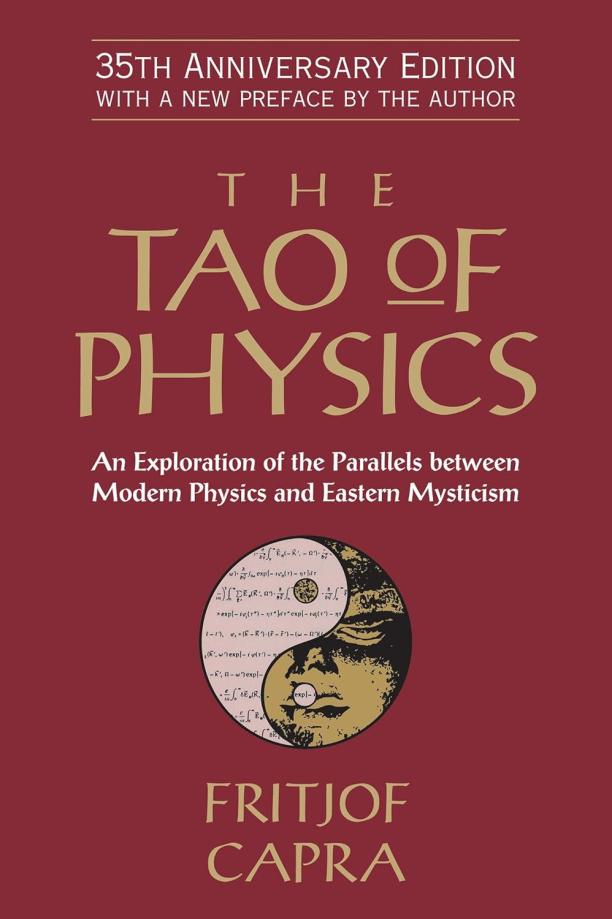
The Tao of Physics
An Exploration of the Parallels between Modern Physics and Eastern Mysticism
Fritjof Capra
The book explores the similarities between the concepts in quantum physics and the principles found in Eastern spiritual traditions, such as Hinduism, Buddhism, and Taoism. It delves into how both realms address the nature of reality, interconnectedness, and consciousness, suggesting a profound harmony between the scientific and mystical worldviews.
See full summary
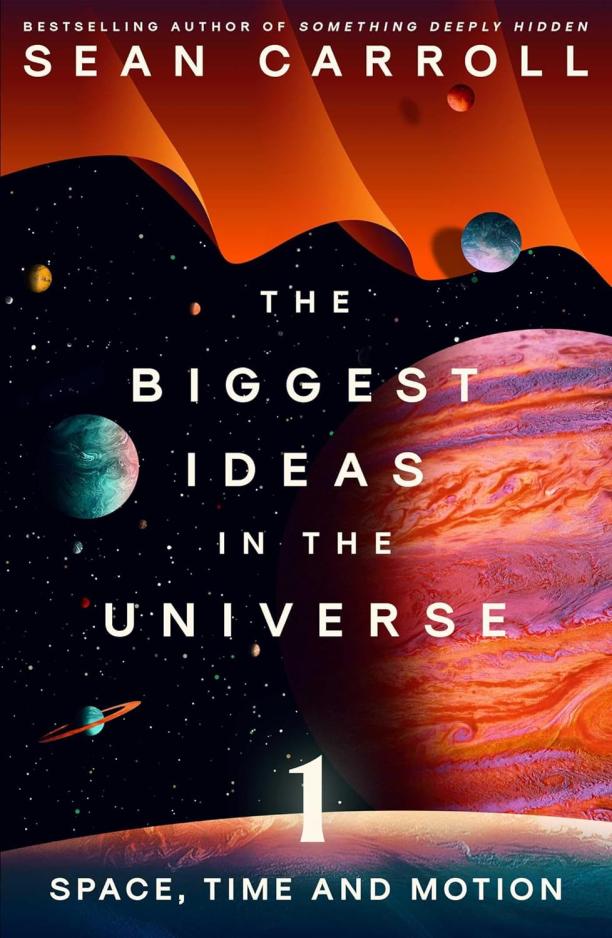
The Biggest Ideas in the Universe 1
Space, Time and Motion
Sean Carroll
The book delves into fundamental concepts of physics, exploring the nature of space, time, and motion through accessible explanations of relativity and quantum mechanics. It aims to provide readers with an understanding of how the universe operates at its most basic levels, using minimal mathematics and emphasizing conceptual comprehension.
See full summary